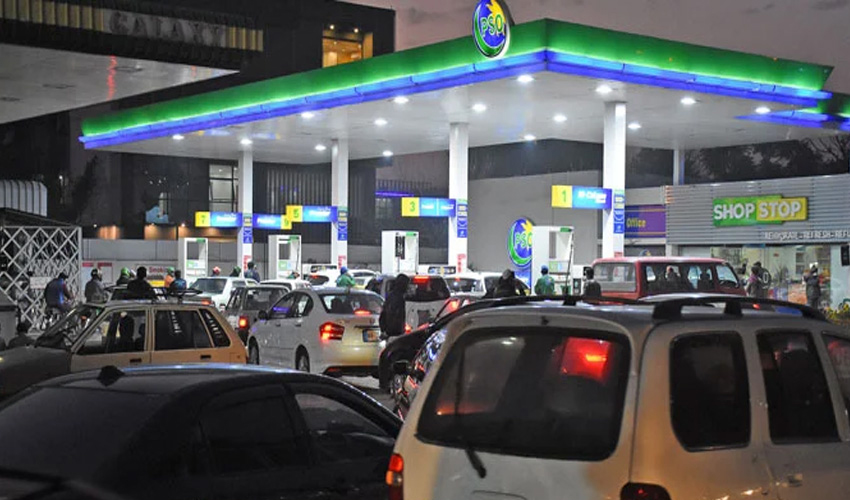The strike organized by the Petroleum Dealers Association has caused widespread disruptions across Pakistan, leading to the closure of petrol pumps in various cities and creating challenges for citizens trying to access fuel.
The association is protesting against new taxes imposed by the federal government on petrol sales, demanding that these taxes be rolled back.
However, in the capital cities of Rawalpindi and Islamabad, there are no signs of the strike being widely observed.
Here’s how the situation unfolded in major cities:
Lahore:
In Lahore, the situation has stabilized compared to other cities. Despite initial closures early in the morning, most petrol pumps reopened and resumed operations by midday. Over 90% of petrol pumps in Lahore were reported to be open, though some in areas like Mall Road, Temple Road, Allama Iqbal Road, and Garhi Shahu ceased sales late at night. Pumps supplying oil to government institutions and those run by welfare organizations remained operational throughout the strike.
Karachi:
Karachi experienced significant disruptions, with many petrol pumps closing from early morning. This led to increased congestion at the remaining open stations. Public transport services were also affected, with fewer vehicles on the roads. Petroleum dealers in Karachi are protesting against the advance return tax imposed by the federal government.
Quetta and Peshawar:
Quetta saw a partial strike, with most petrol pumps staying open to ensure continued fuel availability for residents. In contrast, Peshawar faced more severe disruptions as petrol pumps closed in response to the strike call, causing difficulties for locals.
Liaquatpur and Burewala:
In Liaquatpur, petrol pumps closed in protest against tax increases, impacting local residents. Conversely, Burewala remained unaffected by the strike, with all pumps operating normally and traffic flowing smoothly.
Government Response:
The Petroleum Division in Islamabad has implemented measures to mitigate the strike’s impact, directing Oil Marketing Companies (OMCs) to keep their pumps open. Monitoring cells have been set up to oversee the supply chain, and action will be taken against any violations. The government is also coordinating with chief secretaries to facilitate the movement of oil tankers and ensure continued fuel supply.
The Petroleum Dealers Association has engaged with the Finance Ministry and the Federal Board of Revenue to address their concerns over tax policies.


